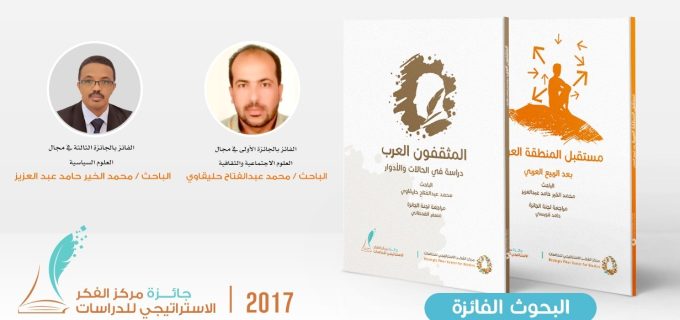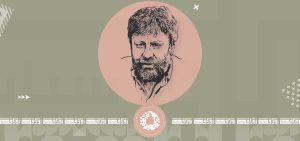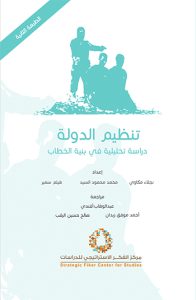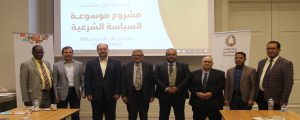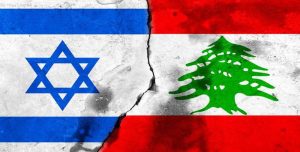Strategic Fiker Center Studies is pleased to announce the results of the center’s award in its first session for the year 2017-2018, which comes within the framework of motivating young researchers and benefiting from their intellectual and knowledge production, spreading the culture of scientific research and promoting it and consolidating the idea of investing in it. 279 male and female researchers from more than 17 Arab countries applied for the award in the fields of political, social and cultural sciences.
Stages and steps of the award process
The first stage:
It started receiving nominations and researchers’ abstracts from the award committee in December of the year 2016 until February of the year 2017.
The second phase:
The committee evaluates the nominated abstracts and filters them in two steps; In the first step, the number of abstracts was filtered to 70, and in the second step, 25 abstracts were approved, so that its researchers began writing their research.
third level:
The committee evaluated and reviewed 17 papers submitted in the first step, and then arbitrated 9 papers accepted as a second step by a jury composed of three arbitrators, Dr. Hamed Quwais, Dr. Misfer Al-Qahtani, and Dr. Ashraf Dawaba, to decide on two winners. Where the winner of the first prize in the field of social and cultural sciences was researcher Mohamed Abdel-Fattah Halikawi; In a research he prepared under the title “Arab Intellectuals: Case Studies and Roles”, the second and third prizes were withheld by a decision of the prize committee. The winner of the third prize in the field of political science was researcher Mohammed Al-Khair Hamid Abdel Aziz; With his research, entitled “The Future of the Arab Region after the Arab Spring”, the first and second prizes in this field were withheld.
It is worth noting that the award consists of a material value and a moral value. The winner of the first prize receives a sum of money of 2500 dollars as a material value, in addition to a moral prize represented in printing and publishing the winning research and obtaining a certificate of appreciation and the center shield, and the third prize is 1500 dollars, printing and publishing the winning research and obtaining a certificate of appreciation and the center shield.
On this occasion, the Center for Strategic Thought for Studies congratulates the award winners, and hopes that this award will play an important role in supporting researchers and encouraging scientific research. In the following, we review an overview of the winning researchers and their research.
winning research
The first-prize winning research in the field of social and cultural sciences entitled “Arab Intellectuals: A Study of Cases and Roles”
It was presented by researcher Muhammad Abdul-Fattah Al-Halikawi, a Jordanian writer and researcher, and an educational supervisor in social studies at the United Nations Relief and Works Agency for Palestine Refugees (UNRWA).
The research aims to study the repercussions of the roles of the Arab intellectual elite prior to the outbreak of the Arab Spring, by shedding light on the conceptual framework of culture, the intellectual and the elite, and clarifying the relationship between the intellectual, the authority, the state, and society in the Arab world, through identifying the types of intellectuals, then their roles in the shadow of the Arab Spring, and whether Did they assume these roles in line with expectations, or did they fail? Clarifying the factors behind the decline of the roles of the educated elite on the one hand, and providing a vision about strategies for activating these roles so that the Arab community can benefit from them in its development projects and future plans in various fields, on the other hand.
The research attempted to present the stations of the Arab Spring in various countries, and its overall history, with a focus on the specificity of the educated elite in each country. The research also seeks to get out of the theoretical framework by presenting some mechanisms for activating the roles of the educated elite in light of the outcomes of the Arab Spring, without neglecting the challenges. facing the educated elite in particular, and the Arab society in general, as well as the most prominent features of the achievements of the educated elite in the light of the Arab Spring and its outcomes, in addition to reaching a set of conclusions, prospects and results that the researcher believes are important in the project of developing, activating and rationalizing the Arab educated elite after the spring Arabic and its consequences.
The research that won the third prize in the field of political science entitled “The future of the Arab region… After the Arab Spring”
It was presented by researcher Mohamed El-Khair Hamid Abdel Aziz, a researcher in the field of politics, strategy and international relations at the Knowledge pillars Center for Studies and Research in Sudan.
The research discusses political events in the Arab region, and reviews the Arab political scene as a whole, before, during and after the occurrence of the so-called Arab Spring, and analyzes the political and social conditions that were in this period, and then crystallized later in the form of massive popular protests that surprised the world.
The main objective of the research is to present a strategic and forward-looking vision of what the Arab region could be like in the coming years, and to examine how it will be formed in the wake of the Arab protests, based on the form of alliances and regional blocs, which began to emerge and form in light of severe polarization and political contradiction in many positions. From the countries of the region, and in accordance with the interests of the major countries and the countries of the region, and according to the new political conditions, and after the political facts have changed, with the change of some regimes in the Arab region.
The research sought to do this by presenting expected future scenarios for the region, and determining what regional actors could play pivotal political roles in the Arab region in the coming period.
Finally, the Center calls upon researchers in the fields of political, social and cultural sciences to participate in the award in its second session for the year 2018-2019, which will be announced in the coming period.


